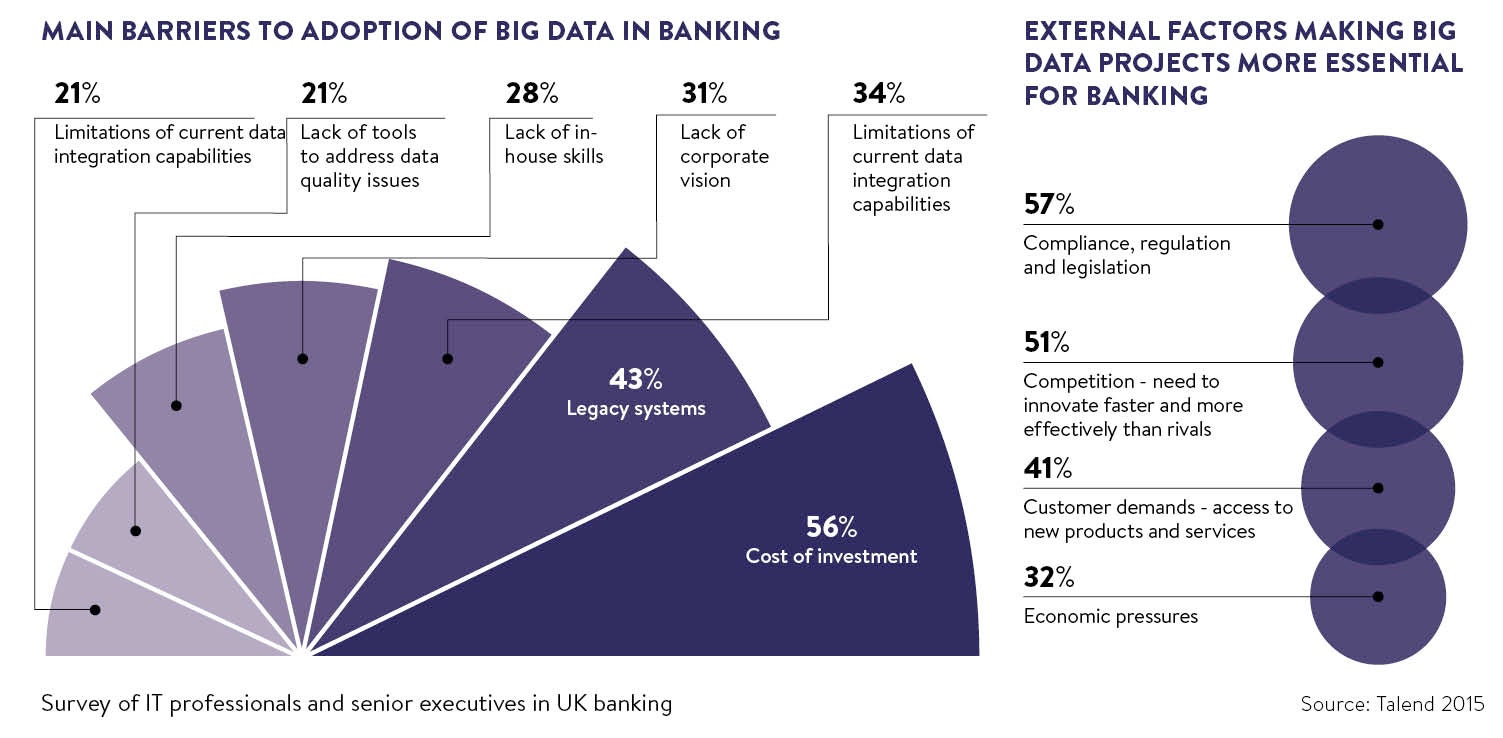Banks around the world are being confronted with a record number of regulations, and those falling short of institutional obligations are paying a high price for their errors.
In response, major financial institutions are grasping big data solutions in a bid to comply with often dense regulations and reduce regulatory breaches.
“Considering many banks have grown organically, often via merger and acquisition, their data is not always consistent and well organised,” according to James Arnett, a partner at business and technology consulting firm Capco.
Mr Arnett believes that new tools can be created through the application of data analytics, which will transform banks compliance programmes from manual, non-scalable projects into lower-cost and automated processes.
“There is a real opportunity for banking clients to embrace data analytics to answer the underlying theme of regulation strategically rather than to treat each regulation as a ‘tick-the-box’ exercise,” he says.
Big data
Successful big data platforms will do much more than just process all types of data, including transactions, internal documents and customer comments.
“There should be a rich process-modelling capability that can be used to detect patterns based on predefined and programmed regulatory reports to quickly identify and risks,” says Frank Palermo, executive vice president of global digital solutions at IT consultancy VirtusaPolaris.
In short, big data programs need to ensure banks can proactively manage compliance risks, if the banks are to harness the full potential of their data.
One of the more innovative ways banks can exploit big data is by joining together structured customer feedback with social media comments and other unstructured data to create a comprehensive customer profile.
This data may already be accessible in separate locations, but by combining all the data into a single database, it will be far easier for different departments to access and therefore any complaints or regulatory issues can be addressed efficiently.
Banks are also implementing big data projects to gain a better understanding of the relationships between disparate pieces of data, which traditional databases find difficult to analyse meaningfully.
Big data solutions can offer banks much more than just efficient regulatory compliance
Advanced data analytics technologies have the ability to not only reveal important relationships, but also map networks around events, places and individuals, to help firms see the wider context of complex events.
Daniel Gozman, lecturer at Henley Business School and co-author of the SWIFT Institute’s recent The Role of Big Data in Governance report, believes that such technologies can be employed where the conduct of individuals is questioned by regulators.
“For example, in the LIBOR and FX rate-rigging investigations, big data eDiscovery tools were employed to analyse, identify and disclose documents to regulators to establish whether firms were involved. Such technologies may also be used in litigation and employment disputes,” says Dr Gozman.
Similar data analysis tools could assist banks in showing regulators that trades executed on behalf of clients were performed in the most advantageous way, with the ability to examine large transaction-related data sets making the process of regulatory reporting quicker and more transparent.

More advantages
But embracing big data solutions can offer banks much more than just efficient regulatory compliance, with investment in cutting-edge technology having an impact in many areas.
“In a digital economy, where the end-customer experience is everything, the ability to perform accurate, real-time analysis is vital to both compliance and competitive success,” says Rowan Scranage, Europe, Middle East and Africa vice president at database platform provider Couchbase.
The Competition and Markets Authority’s Open Banking Revolution programme, which will require all banks to provide a smartphone app to customers containing details of all their accounts held at any bank, is a perfect opportunity to offer an improved customer experience through big data.
“In this environment, the winners will be those banks that remain compliant, while ensuring customers don’t want to leave because they receive the best possible experience whether because it’s fast, personalised or gives them the best possible return on their investment. Being able to analyse and act on customer data near-instantaneously will be critical to providing this,” concludes Mr Scranage.
Big data

